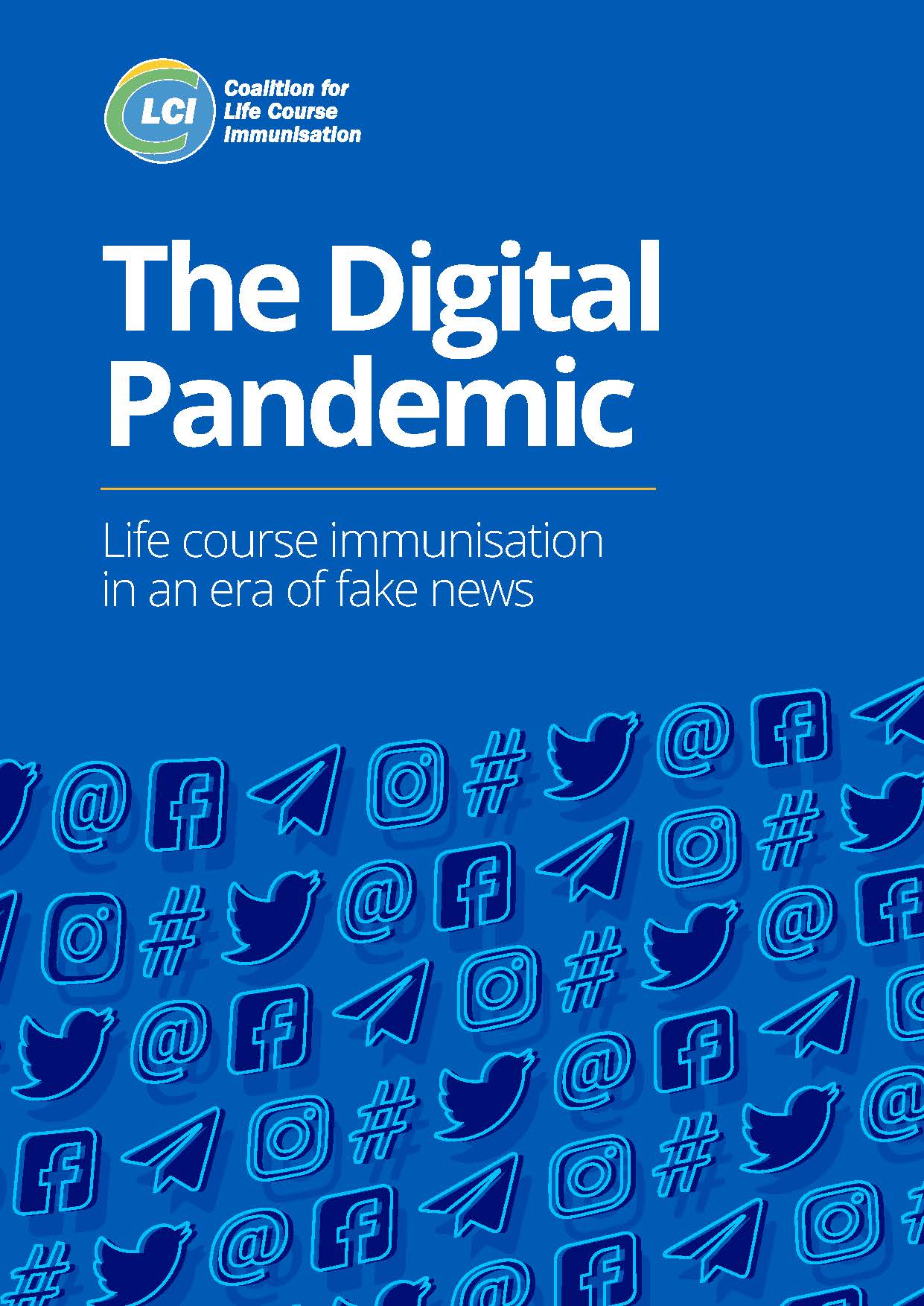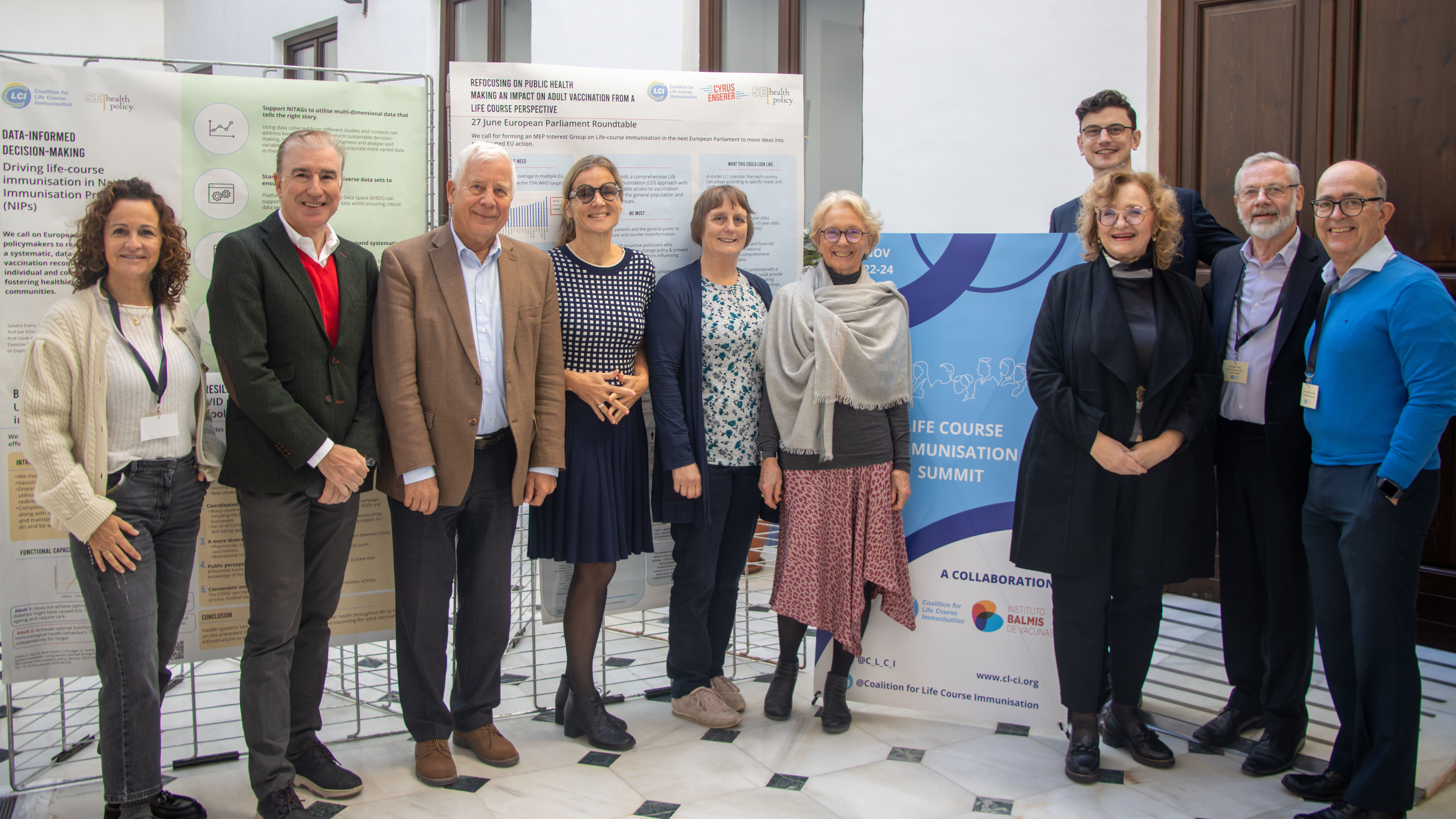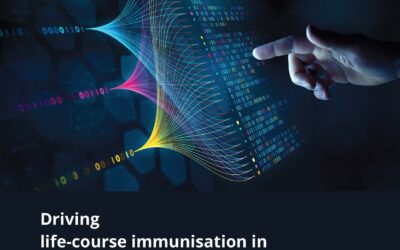Report: The Digital Pandemic
Since the first use of a smallpox vaccine in the 1790s, other vaccines have been developed and used to prevent diseases, helping to save countless lives. Yet throughout their history, vaccines have been met with resistance from individuals and groups who have deliberately tried to undermine their purpose. The aims of the first ‘anti-vaccine’ actors over 200 years ago are similar to that of the people who are anti-vaccine today: both are distrusting, have their doubts, and wish to share misleading information – often ‘fake news’ – with the public.
A key difference in 2022, however, is the speed and scale in which false information and ‘fake news’ on vaccination can be shared with people. The advent of the World Wide Web in the 1990s and social media in the 2000s has enabled fake news authors and actors to reach a global audience and share anti-vaccine information more quickly. While the content and goals of old and new movements may be similar, social media platforms and the Internet have helped to accelerate fake news today.
With anti-vaccine sentiment on the rise, action must be taken today to prevent false information from disrupting vaccination programmes in the future. Through conversations with experts from across Europe – including family doctors, paediatricians, researchers, and charity leaders – this report makes a detailed assessment of the impact that fake news is having on vaccination. This report makes recommendations for European civil society groups, healthcare professionals, social media companies and policy makers on what needs to be done to reduce the spread and impact of anti-vaccine fake news.
OTHER REPORTS
Vaccines Prevent Disease Across the Life Course
The Life Course Immunisation Summit stressed the urgent need for improved public education, increased funding and innovative research on adult vaccination. The conference united European vaccine experts who called for cohesive EU health policies that address...
Global Health Podcast Special on COVID-19
A report on the key discussions and takeaways Dive into the comprehensive findings of our latest Global Health Podcast Series. This pivotal report offers a wealth of knowledge and expert opinions on critical public health topics, including COVID-19 vaccine...
Data-informed decision-making
Data-informed Decision-making: Driving life-course immunisation in National Immunisations Programs (NIPs) CLCI works towards a vision where everyone, regardless of age or life stage, can be vaccinated and shielded from vaccine-preventable diseases (VPDs)....
JOIN US
Contribute to global public health policy and protect population health.
Stride forward with us to prevent disease through widespread immunisation. Together, we can redefine health landscapes and contribute to a world where everyone, regardless of age, can be protected from vaccine-preventable diseases.

GET IN TOUCH
For general enquires, email:
secretariat@cl-ci.org
For research requests and opportunities, email:
research@cl-ci.org




